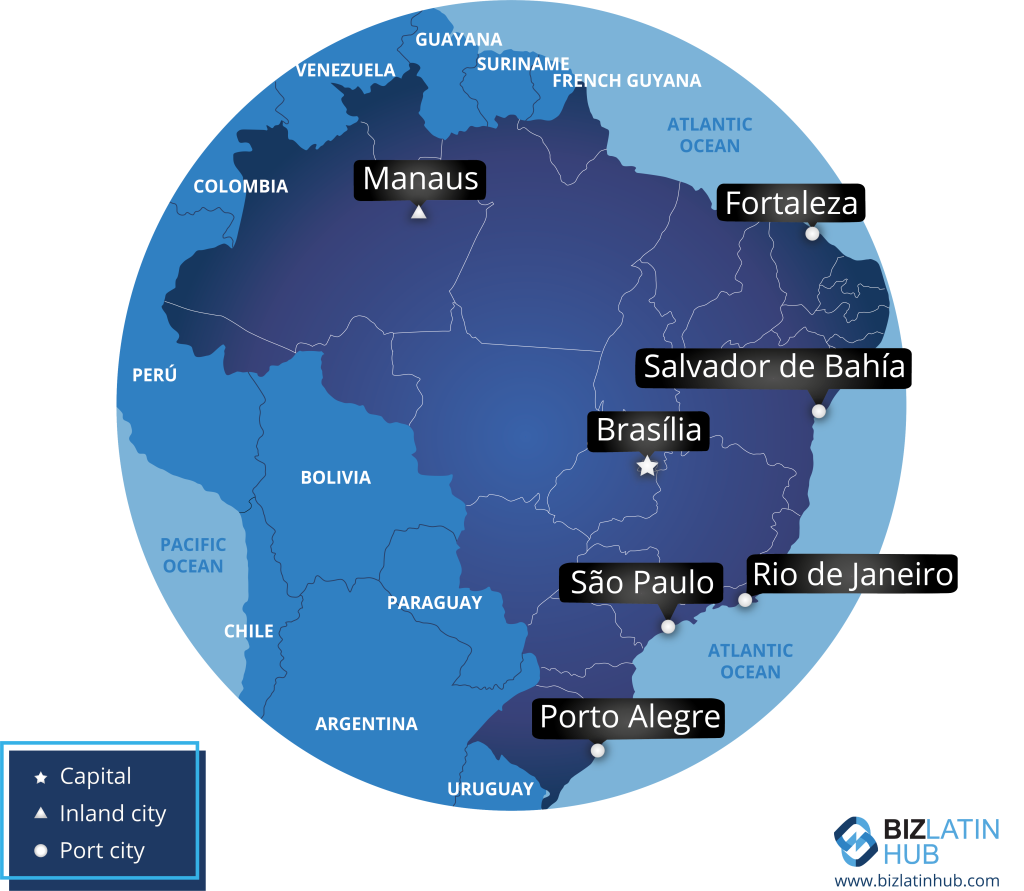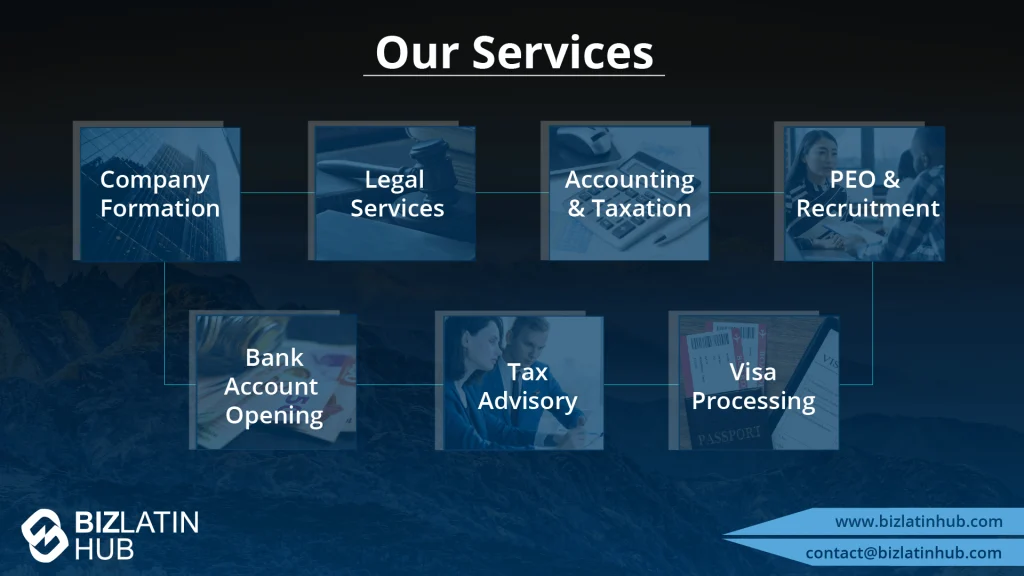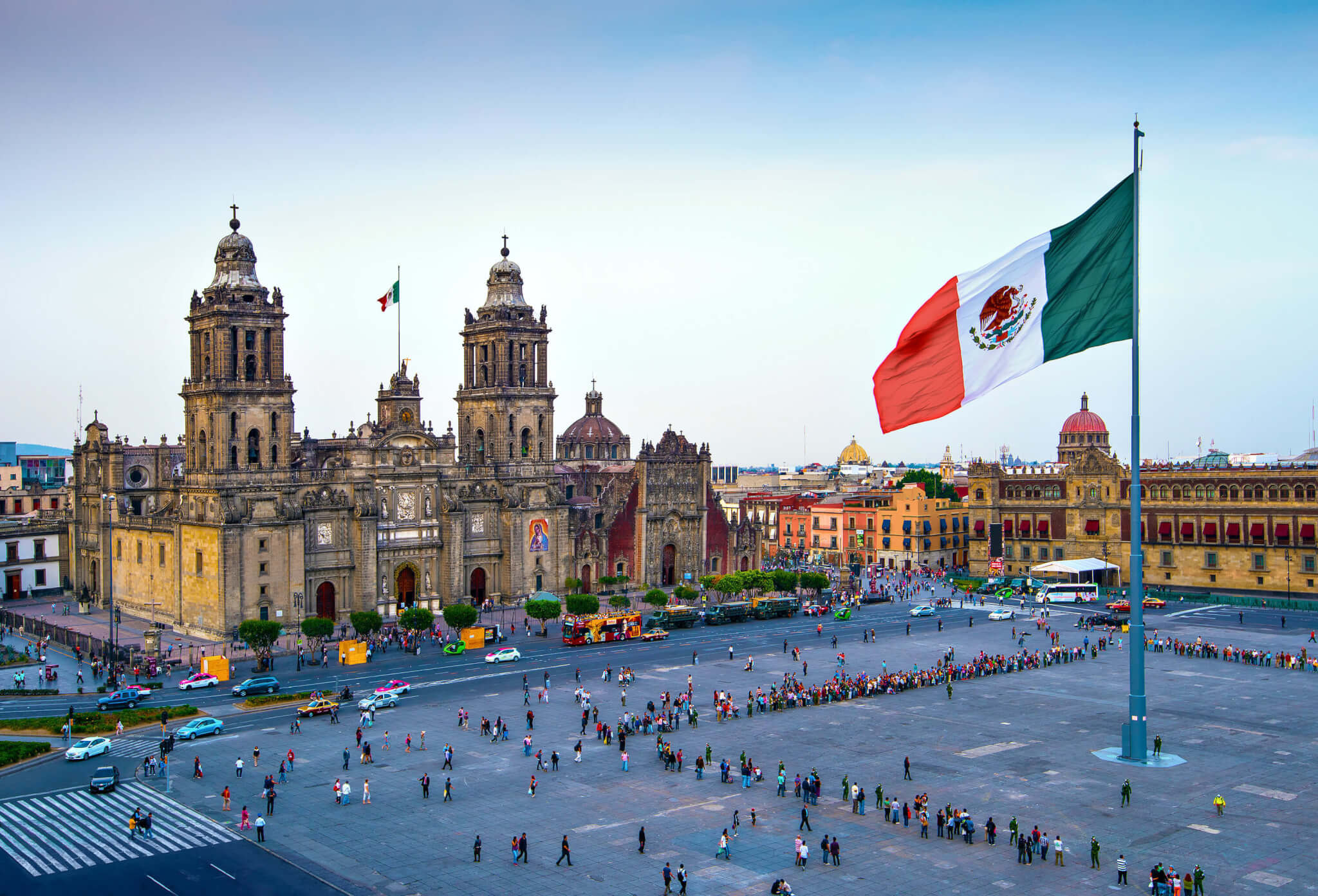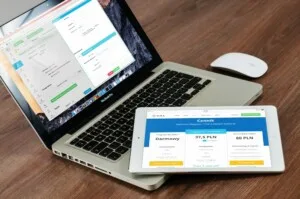Brazil leads the pack as Latin America’s largest economy, with sound economic growth and diversified revenue generators. It leads global production in coffee, and is one of the largest mining countries worldwide. It offers powerful supporting agriculture, steel, manufacturing, and oil and gas industries.
Emerging technology industries place Brazil as one of the top hubs for digital development in the region. One commercial opportunity, business-to-business (B2B) operations, offers room for new actors and myriad of potential in the online world.

Brazil’s digital overhaul – B2B Online Marketplaces
With digital transformation sweeping Latin American markets and reforming traditional sectors, demand for e-commerce and mobile commerce in the name of convenience is on the rise. Brazil’s swelling middle class is driving demand for goods and services up, and digital literacy is increasing as a greater proportion of people have access to the internet. As a result, online marketplaces are flourishing. However, significant potential remains largely undiscovered in online B2B activity.
Untapped market: B2B slow on the take-up
The country’s leading online marketplaces, such as Americanas, Mercado Livre and Submarino, are highly successful examples of using technology to engage a greater proportion of the country’s 212.4 million people with various products. These platforms can also connect smaller businesses and enable greater B2B transactions.
However, micro, small and medium enterprises have been slow to take advantage of the opportunities the online retail world can offer. Small-scale suppliers have the chance to establish new supply chains through these platforms, and build an e-commerce element into their sales.
SME opportunities
While e-commerce is still a burgeoning technological capability for many Brazilian businesses, smaller companies would do well in utilizing the exposure that online sales platforms can offer to engage with other businesses.

Building an online platform
There are several ways to build an online marketplace – businesses can choose to start with a one-supplier store, whereby their goods or services are the only ones available on that platform and they are the sole managers.
Or, to broaden the platform’s variety to buyers, companies can opt to establish a multi-vendor site. This way, several firms can engage with a larger buyer market, manage orders, and create shipments. By bringing in target markets from other companies, smaller businesses can gain greater exposure than they would normally get with a single-seller marketplace.
Online marketplaces are flexible
B2B transactions have a longer purchase cycle. The process can involve quotation, negotiation, and bidding. This is because order volumes are typically higher than business-to-consumer purchases.
Bulk-buying typically means businesses will shop around for the best price, seeking quotes from sellers first before making a choice (called a request for quotation, or RFQ). On top of that, companies will expect to bargain with high-quantity orders and try to settle for discounted prices.
Thankfully, online marketplaces can also accommodate these functionality requirements. Quotes, negotiations and bidding systems can be built-in to an online marketplace, keeping communication and transaction records clean and available in one single place.
Manage price lists and purchase orders
Online sales platforms can allow B2B companies to set up and manage different price lists for various groups of buyers. Custom lists allow businesses to alter mark-up levels on certain products or categories, and control scaled pricing for minimum/bulk quantities. As they grow, B2B businesses may begin targeting new customer groups. With customizable pricelists, B2B can offer discounted goods to new or prospective buyers.
Technological innovation and add-ons for B2B also allow buyers to issue purchase orders direct to the marketplace, reducing the need for external paperwork. Transactions and correspondence outside of these online platforms can therefore be kept to a minimum and is more easily tracked.
Other opportunities for streamlined sales processes include ‘quick orders.’ In an online marketplace, buyers can save commonly-ordered goods to their personal accounts, and add them directly to their shopping cart and alter the quantity as they need.
Choose the right payment method for you
Payment mechanisms are different in the online world, especially for a site with multiple vendors. Once a buyer completes an order and makes payment, the marketplace owner will receive the funds until the order reaches the stated address. This ensures the security of buyers’ payments and guarantees of quality and proper procedure for both customers and vendors.
Local payments are therefore preferred to ensure quick transactions with minimal barriers. Some options for local payment methods include MercadoPago and Moip.
MercadoPago is one of Latin America’s leading online payment portal, launched by MercadoLibre. For flexibility and customer reach, MercadoPago may be the easiest and best bet for you. Buyers are likely already familiar with it, and use the platform for other online shopping stints. In 2016, MercadoPago processed 138.7 million payments. It provides secure payment methods and comes as a highly-trusted brand, which will subsequently build consumer confidence in your own marketplace.
Locally, Moip is widely used in Brazil’s e-commerce industry, as well as face-to-face channels. It’s based out of São Paulo and was acquired by online payment company Wirecard in 2016. Though potentially not as far-reaching as MercadoPago, it’s a suitable alternative for small and medium businesses that also offers security, transparency and familiarity with customers.
Handle shipping methods easily
The national post system of Brazil – and the most highly-regarded for goods shipments – is called Correios. This postal system is highly recommended when you begin integrating regular shipping schedules into your sales structure. Correios offers an add-on that enables suppliers to arrange shipments of goods for their online buyers. It also allows buyers to track their orders.
Growing investment viability
Strong international trade connections support the world’s ninth-greatest GDP. For businesses operating in the country, access to MERCOSUR and BRIC member countries facilitate secure trade opportunities. Additionally, Brazil’s membership to the G-20 and World Trade Organization mean that the country has a voice in international groups and influence with other powerful markets.
As Brazil peels back its bureaucratic layers to company formation and establishes strong local hubs for commercial activity, its attractiveness as a diverse market with large local consumer population brings more investors to the region.
Businesses looking to take advantage of yet-undiscovered markets in the regional giant should consider their prospects in business-to-business sales. By tapping into the growing online consumer community, smaller businesses can capture the attention of online shoppers and secure strong, long-term B2B supply chains.
Getting started? We can help
Local and foreign businesses alike have great potential for success in Brazil’s growing industries. If you’re considering moving into the country, we recommend you seek guidance from local business experts to help you navigate the formation or incorporation process.
Biz Latin Hub’s Brazil team offers top-quality market entry and back-office services, including legal and commercial representation, financial services, recruitment and more. We work to ensure your new business is compliant with local law every step of the way, and that you’re equipped with comprehensive business solutions customized to your needs.
Contact us now and let us help your business expand into Brazil and across Latin America.






